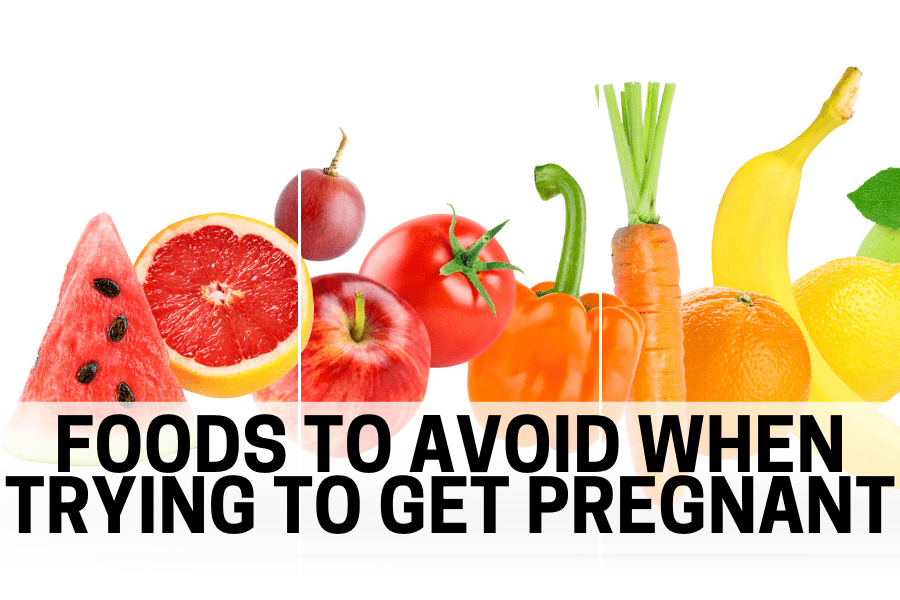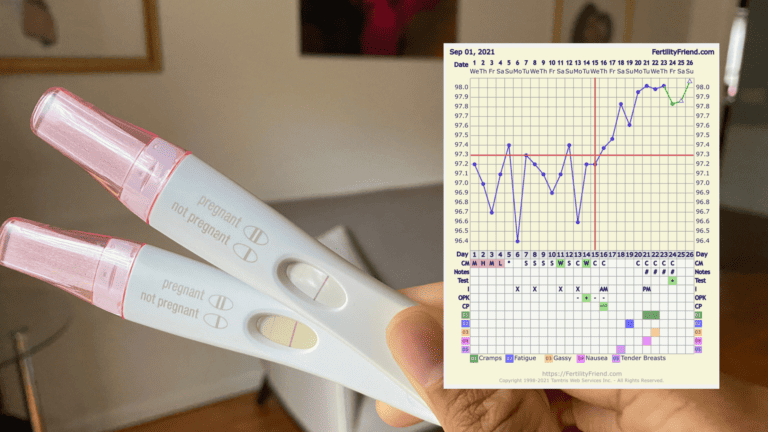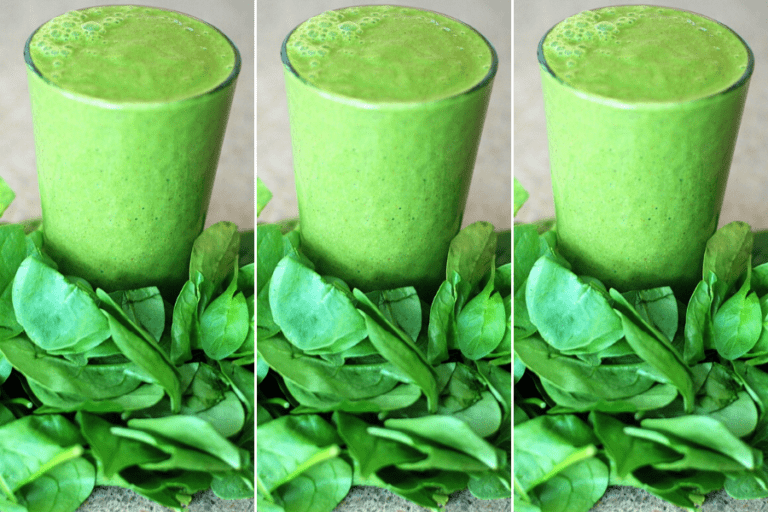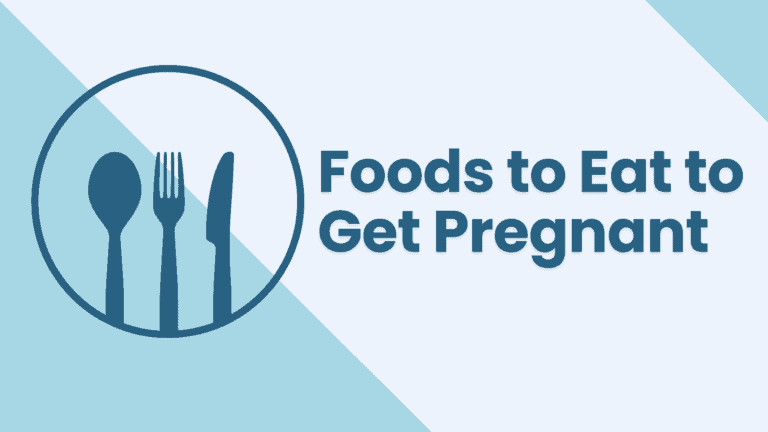What Foods Stop You From Getting Pregnant?
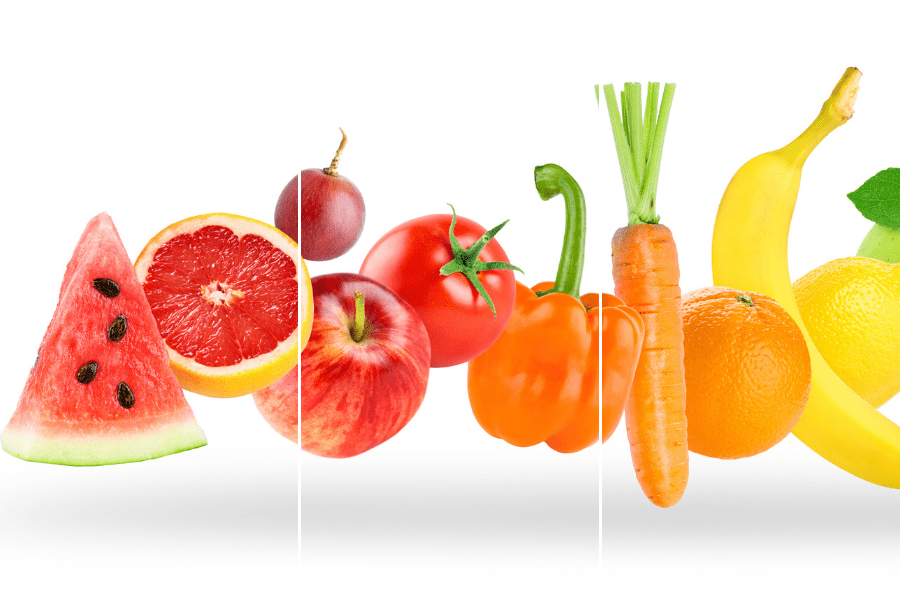
Last Updated on October 10, 2023 by Avi Steen
When you are trying to get pregnant, it is important to be mindful of the foods that you eat. There are some foods that can hinder your chances of conceiving, while others can help boost your fertility.
In this blog post, we will discuss what foods stop you from getting pregnant. Keep these foods in mind, and you will be on your way to a healthier and more fertile diet!
Foods to Avoid When Trying to Get Pregnant
There are many different foods that can affect your ability to get pregnant.
Some foods, such as processed meats and artificial sweeteners, can contain chemicals that interfere with normal hormonal functioning and disrupt your fertility cycle.
Certain foods have been linked to increased inflammation in the body, which can make it difficult for an egg to implant into the uterus.
That’s why it’s so important to watch what we eat.
To boost your chances of getting pregnant, it is important to limit or avoid foods that are known to interfere with conception, such as fast food, red meat, dairy products, sugary treats, and highly processed or genetically modified foods.
I know I know you’re probably thinking, well, what can I eat? Well, I have a completely different post about the best fertility diet here.
By eating a well-balanced diet rich in healthy fruits, vegetables, protein sources like beans and nuts, and whole grains, you can give yourself the best possible chance of conceiving a child.
Below, you’ll find more information on certain foods to avoid while trying to conceive.

Trans-fat and Processed Meats
A simple no-brainer to avoid is trans-fat and processed meats.
Trans fats are like those sneaky little troublemakers at the back of the class that you didn’t notice until it was too late.
These bad boys are hiding in all sorts of processed foods, just waiting to wreak havoc on your health, and if you’re planning to welcome a bundle of joy into your life, you should kick trans fats to the curb faster than you can say, “baby on board.”
Why, you ask?
Well, these trans fats and processed meats can mess with your cholesterol levels and increase the risk of heart disease, which isn’t exactly the ideal situation for your soon-to-be-growing family.
So, if you’re on the baby-making journey, do yourself a favor and say goodbye to those trans fats and processed meats – your heart and your future little one will thank you for it!
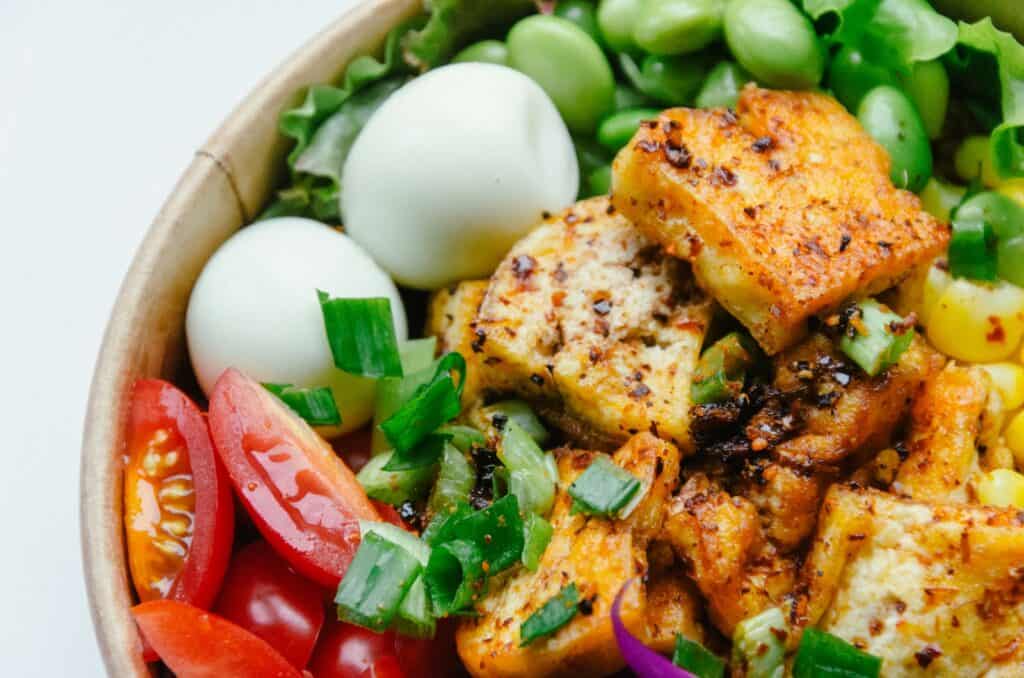
Soy
Soy is a popular and versatile food that can be found in everything from protein powders to sauces and condiments.
But there is some evidence that soy may have negative effects on fertility, which makes it a good idea to avoid soy products when trying to get pregnant.
For example, some studies have shown that a high intake of soy during critical developmental periods may lead to reproductive abnormalities in both males and females.
Many packaged foods contain soy as a replacement for dairy products or meat, so it’s important to be aware of these hidden sources of soy as well.
When it comes to getting pregnant, it’s worth taking the time and effort to carefully consider your diet in order to ensure the best possible outcome for you and your baby.
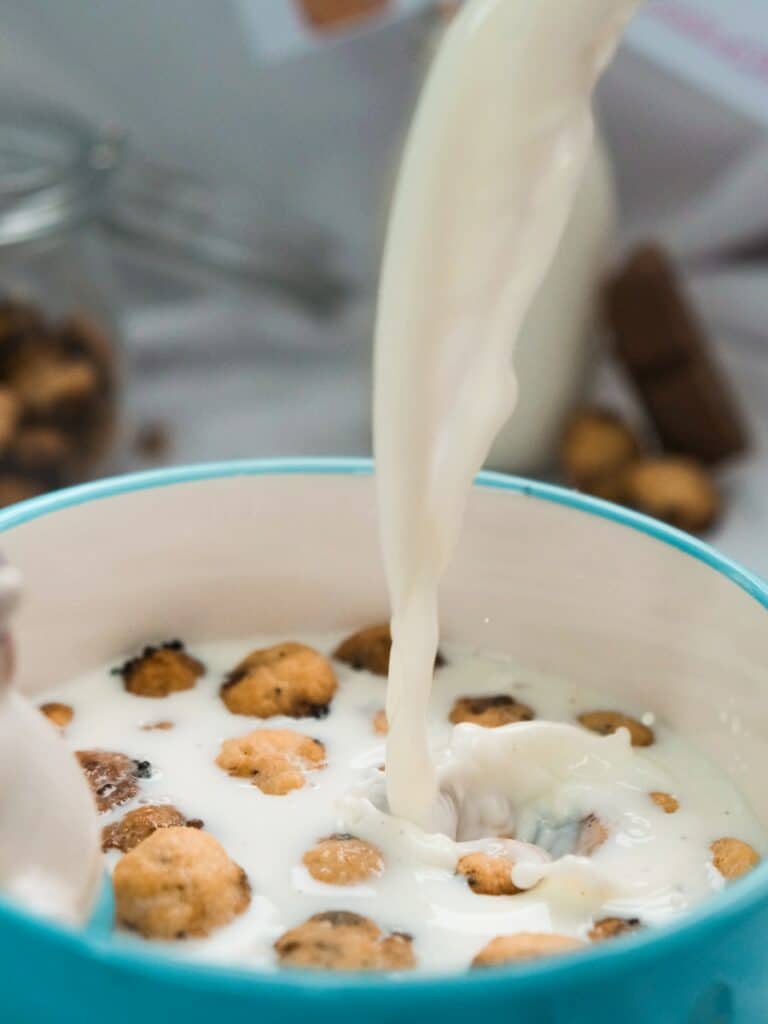
Foods That Cause Insensitivities
When trying to get pregnant, it’s important to avoid foods that may cause insensitivities.
Common culprits include dairy, wheat, and soy.
These foods can trigger a negative response in the body, making it more difficult for a fertilized egg to implant in the uterus.
I know that I am definitely lactose intolerant. When I eliminated dairy from my diet, I noticed that my hormones started to balance (less bloating and headaches), and I was able to conceive my rainbow baby.
Focus on eating a varied diet that includes plenty of fruits, vegetables, and lean protein. This will give your body the nutrients it needs to support a healthy pregnancy.
And if you do have any food sensitivities, be sure to talk to your doctor about how to best manage them while trying to conceive.

Unwashed Fruits and Vegetables
When trying to conceive, it is always important to be mindful of the types of foods you consume, even if they are deemed “healthy”.
Not only are certain foods known to hinder fertility, but you also want to avoid any potentially harmful substances that could have negative effects on a growing fetus.
One area of particular concern when trying to get pregnant is the consumption of unwashed fruits and vegetables.
Because these foods are more likely to come into contact with chemicals like pesticides or fertilizers, they may contain unwanted hormones or toxins that can have a negative impact on your reproductive health.
It is best to always wash fruit and veggies thoroughly before consuming them as part of an overall healthy pregnancy diet.
I usually use a combination of water and white vinegar to soak and wash my vegetables.

Excessive Starchy Carbs
When it comes to getting pregnant, all women want to give their best shot.
But then we stuff ourselves with comfort foods and honey buns.
One important factor to consider is the amount of starches and carbohydrates that we consume on a daily basis. While carbs are necessary sources of energy, we want to make sure we’re eating the right kind.
Excessive starchy carbs can promote inflammation in the body, as well as impact hormone levels and gut health.
This can result in hormonal imbalances that make it more difficult for women to get pregnant.
When aiming to conceive, excessive starchy carbs such as pasta, bread, white rice, potatoes, and other refined grains are definitely foods to avoid.
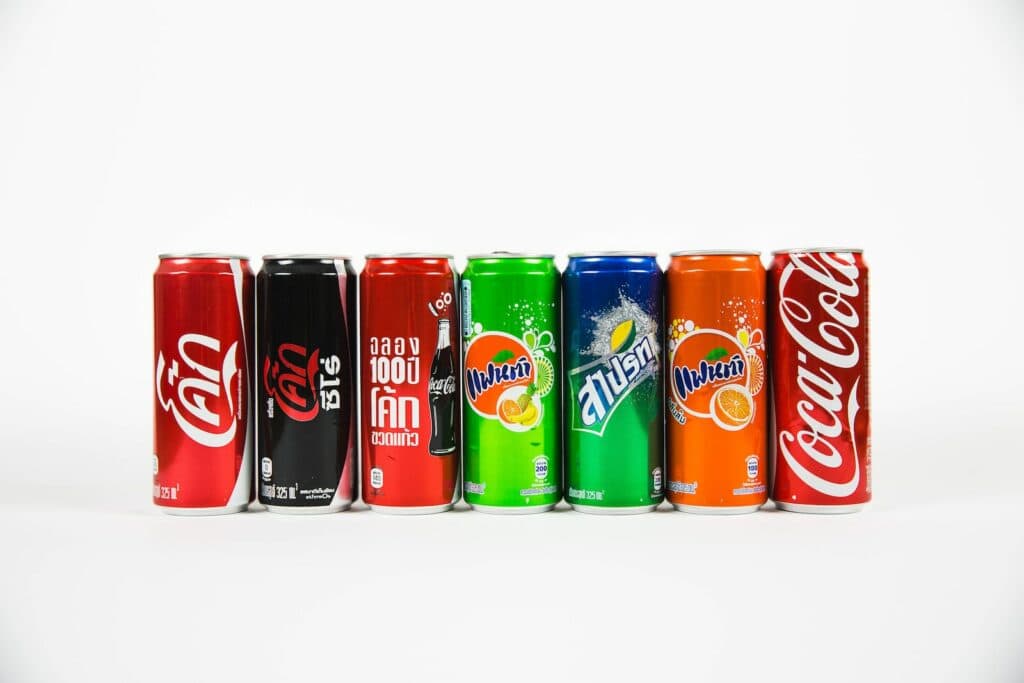
Added Sugar
When trying to conceive, it is important to make healthy choices that are best for you and your future baby. One thing that can be particularly detrimental to your fertility efforts is added sugar.
High levels of sugar have been linked to hormonal imbalances. Monitor your intake of added sugars in order to optimize your chances of conception.
There are a number of different strategies you can use to reduce or eliminate added sugars from your diet when trying to conceive. First, you should focus on making whole food-based meals and snacks instead of processed high-sugar foods.
You can also try limiting your intake of sugary drinks such as soda or juice and switch to natural sweeteners like fruit instead.
At the end of the day, the key to avoiding excess sugar when trying for a baby is being mindful about what you eat and drink and making conscious decisions based on what’s best for your body and overall health.
With a little bit of effort, you will be well on your way toward achieving the pregnancy goals you desire!
Best Foods to Increase Fertility
When it comes to increasing fertility, there are certain foods that can help to give your body the nutrients it needs.
As I said before, these include a variety of plant-based foods, such as leafy greens, nuts and seeds, avocados, and other healthy sources of protein and healthy fats.
These foods are rich in important vitamins and minerals like folate and zinc that have been shown to play a key role in fertility.
Many of these foods are rich in antioxidants, which can help to prevent oxidative stress in the body.
Overall, incorporating these foods into your diet is one of the best ways to increase your fertility and boost your overall health.
Whether you eat them on their own or blend them up into a nutritious smoothie, they are sure to have a positive impact on your fertility and overall health.

Other Things to Avoid When Trying to Conceive
When you are trying to conceive, there are a lot of things to think about and keep track of. From your diet and exercise routine to your sleep habits and stress levels, every aspect of your life can impact your fertility.
There are a few things that are especially important to avoid if you want to get pregnant. First, it is important to maintain a healthy weight.
Being either overweight or underweight can lead to hormonal imbalances that make it difficult to conceive.
Second, you should avoid smoking and drinking alcohol, as both of these habits can have a negative impact on fertility.
Finally, it is important to manage stress levels, as stress can interfere with ovulation. By avoiding these things, you will increase your chances of conceiving and having a healthy pregnancy.

Signs of Good Fertility
Good fertility can be defined in a number of different ways. Some people may consider it to be a state of health or a strong immune system.
Others may view it in terms of optimal physical condition or high levels of energy and productivity.
Whatever your definition of good fertility may be, there are some general indicators that can help you determine if you are fertile or not.
For example, having regular periods and good overall body function can signal that your body is fertile and well-equipped to reproduce.
Other signs can include having a healthy libido, clear skin, and shiny hair.
Ultimately, being fertile means taking good care of yourself both physically and mentally so that you have the best chance of improving your ability to conceive.
So, if you want to bring more fertility into your life, start by taking care of yourself first!
Check out this post for a deeper understanding of your fertility signs: Signs Your Body is Ready for Pregnancy: Fertility Health
Final Thoughts
When you are trying to conceive, it is important to be mindful of the foods you eat and drink.
Certain foods and beverages can have a negative impact on your fertility and overall health. To increase your chances of getting pregnant, try to avoid trans fats, added sugars, smoking, drinking alcohol, and managing stress levels.
Additionally, make sure to maintain a healthy weight and eat a diet rich in nutrients. By following these tips, you will be on your way to a successful pregnancy!
For more information on fertility and nutrition, check out this post: The Fertility Diet that CHANGED my Life!

Octavia Steen is an NBDA certified fertility doula, health coach, certified fitness nutrition specialist, aspiring missionary with the COGIC, and owner of Mother Mindset. She helps future and current mamas become more consistent in faith + fitness and grow closer to God so they can create a healthier lifestyle from the inside out!

